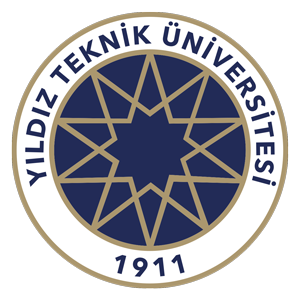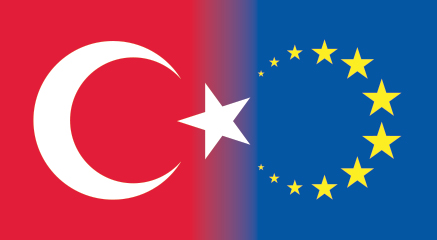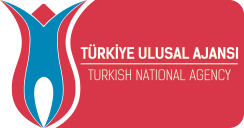ERASMUS POLICY STATEMENT
With a mission to be an international university preferred for its educational, cultural and research opportunities, YTU locates internationalization policy at the centre of its strategy by supporting intercultural dialogue, gender equality and personal fulfilment, contributing to increased participation in lifelong learning by people of all ages, including those with special needs and disadvantaged groups. Erasmus Office and the International Relations Office are the main units helping YTU achieve its mission to be an international university by taking the above mentioned priorities into consideration.
The collaborations with the partner institutions are established by the cooperation between the academic departments and the relevant international office. Even though the internal procedure changes depending on the type of collaborations, quality assurance is the main criteria that YTU expects all of its partner institutions to offer. The method that YTU has adopted to carry out the Erasmus procedures is to appoint an Erasmus Coordinator at each academic department, who is expected to carry out and strengthen the Erasmus connections at the departmental basis. Before deciding to sign an Erasmus Bilateral Agreement, the Departmental Erasmus coordinators make an academic analysis into the curriculum and programme outcomes that the prospective partner institution offers and once they decide to start a cooperation, the Erasmus Office makes a search about the university in general so as to find out the contributions that this cooperation can make for both institutions. Following a consensus to start the cooperation, the paperwork procedure starts and the agreement is saved in our database. The non-Erasmus Bilateral Agreements, however, may be signed so as to allow all the academic departments at YTU to perform exchange mobility at that partner institution.
In accordance with its vision and mission, YTU would like to cooperate with the universities all over the world, which will add a different dimension and value to the university in research, cultural and educational terms. Erasmus Office, Mevlana Office and International Relations Office cooperate to expand the geographical area from Europe to all around the world. YTU has extensive student mobility, for undergraduate and graduate levels, with various universities from Europe to America and from Asia to Africa, with an objective attitude to welcome all nations.
The types of mobility being performed aim at providing exchange opportunities both to students and staff. The students at any study level are encouraged to participate in the mobility programmes by means of international info days organized twice a year by the Erasmus and International Relations Office. The two-year short cycle students are provided counselling by their academic mobility coordinators so as to make an effective use of their short study periods by participating in the mobility programmes. The first cycle students, on the other hand, are guided in terms of various mobility opportunities for theoretical and/or practical knowledge. Predicting that they will improve their skills in academic writing and research and have an access to many sources including written and ICT-based resources, the second and third cycle students are highly motivated and supported as well. Moreover, for all levels of study, YTU ensures academic recognition for the studies that have been completed by the students and the achieved credits are directly added to the number of achieved credits for graduation.
To extend its position as a leading international research and teaching institution and to benchmark its performance against world-class standards, YTU strongly supports staff development activity and recognises that participation in European mobility visits is a significant way of achieving this. In order to manage this aim, YTU fully supports not only academic but also administrative staff. While the academic staff have the possibility to exchange academic information in teaching/training and contribute to the department and university in terms of academic development; the administrative staff can improve the administrative operations conducted in the university after observing the different methods adopted to carry out the administrative processes; which eventually is believed to serve for the development and internationalization strategy of YTU.
Apart from the exchange programmes, YTU also promotes mobility through double/multiple/joint degree and certification programmes, which are expected to be developed in cooperation with the academic and administrative departments, allowing the participants to complete one single programme with multiple certificates from each institution, in order to enable graduates to be equipped with better academic skills such as creative thinking, critical reasoning and sustaining cognitive development as well as awareness of scientific and social ethical values.


